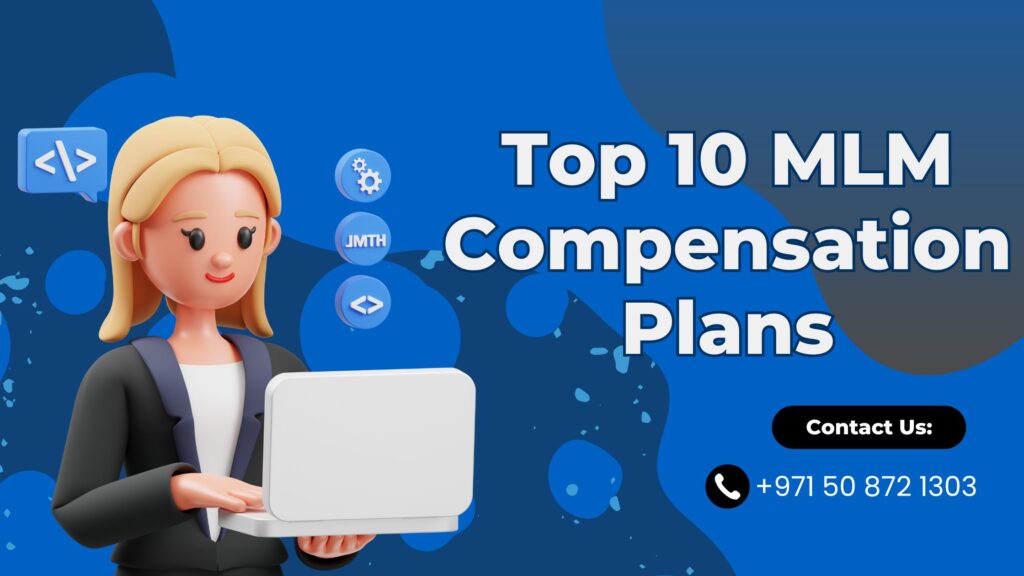Understanding MLM in South Korea
MLM, also known as network marketing, involves selling products or services directly to consumers while also recruiting others to join the business. Participants earn commissions not only from their own sales but also from the sales made by their recruits. This dual-income structure is what differentiates MLM from traditional direct sales.
Legal Framework Governing MLM
In South Korea, MLM businesses are legal but heavily regulated under the “Door-to-Door Sales, Etc. Act.” This legislation was enacted to prevent fraudulent practices and ensure consumer protection. Here are some key points of the Act:
- Registration and Reporting: MLM companies must register with the Fair Trade Commission (FTC) and report their business operations. Failure to comply can result in heavy fines or the shutdown of the business.
- Disclosure Requirements: Companies must provide clear and accurate information about their business model, compensation plan, and product offerings to all participants. This includes disclosing potential earnings and the average income of participants.
- Cooling-Off Period: Consumers have a cooling-off period during which they can cancel their purchase and receive a full refund. This period is typically 14 days.
- Prohibition of Pyramid Schemes: The law strictly prohibits pyramid schemes, which are often disguised as MLMs but focus primarily on recruitment rather than product sales. Pyramid schemes are illegal and can lead to severe penalties, including imprisonment for those involved.
- Consumer Protection: There are stringent rules to protect consumers from aggressive or misleading sales tactics. MLM companies must ensure that their marketing practices are ethical and transparent.
Compliance and Enforcement
The FTC is the primary regulatory body overseeing MLM activities in South Korea. It conducts regular inspections and audits to ensure compliance with the Door-to-Door Sales, Etc. Act. Companies found violating the law face significant consequences, including fines, suspension of operations, and criminal charges.
Role of MLM Software in South Korea
Given the complex regulatory environment, MLM software in South Korea plays a vital role in ensuring that companies operate within the legal framework. Here’s how:
- Automated Compliance: Advanced MLM software helps businesses automate compliance with regulatory requirements. This includes maintaining accurate records, generating required reports, and ensuring transparent communication with participants.
- Sales Tracking: The software provides robust sales tracking features that help companies monitor their sales activities and ensure that they are not engaging in practices that could be construed as pyramid schemes.
- Compensation Management: MLM software enables precise calculation and distribution of commissions, ensuring that compensation plans are followed accurately and transparently.
- Consumer Protection Features: Features such as automated refunds during the cooling-off period and detailed disclosures help companies adhere to consumer protection laws.
- Training and Support: Many MLM software solutions offer training and support modules that help participants understand the business model and their rights under South Korean law.
Conclusion
MLM businesses in South Korea operate under a stringent legal framework designed to protect consumers and ensure fair business practices. Compliance with these regulations is crucial for the sustainability and legality of MLM operations. Leveraging advanced MLM software in South Korea can significantly aid companies in maintaining compliance, managing their operations efficiently, and building trust with their participants.
By understanding the legal landscape and utilizing the right technological tools, MLM companies can thrive in South Korea’s regulated environment, offering opportunities for entrepreneurship while safeguarding consumer interests.



